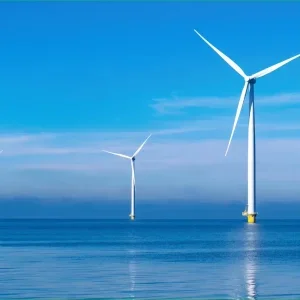The agreement grants Mitsui the right to build a number of biomass refineries in Southeast Asia using Inbicon’s technology. Mitsui intends to apply the technology in the palm oil industry, where wastes from palm oil production can be converted into ethanol, solid biofuel for energy production, and animal feed. The agreement marks the first sale of licensing for Inbicon.
Shunichi Yamashita, director of Mitsui, said: “With the agreement, we have taken an important step towards the establishing of a plant engineering business for the production of second-generation ethanol in Southeast Asia. We have already committed considerable resources to the development of this new business. Furthermore, we are expecting to expand the cooperation with Inbicon into other markets.”
Niels Henriksen, CEO of Inbicon, said: “This is the culmination of our year-long cooperation with MES, which started with our testing of palm waste as feedstock.We consider it a significant step forward into a long-lasting collaboration.
“It’s also an important milestone in the commercialization of Inbicon technology. With the latest developments within enzyme technology from leading enzyme suppliers such as Danisco Genencor and Novozymes, we are now looking at making large-scale production of second-generation ethanol truly practical in countries around the world.”






